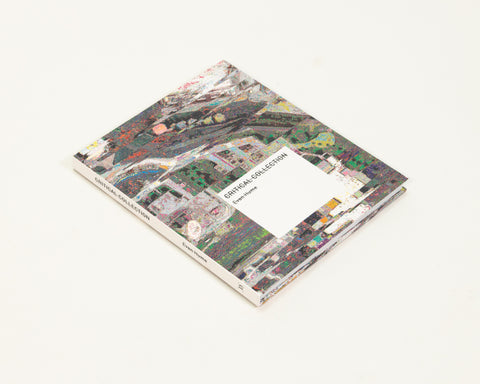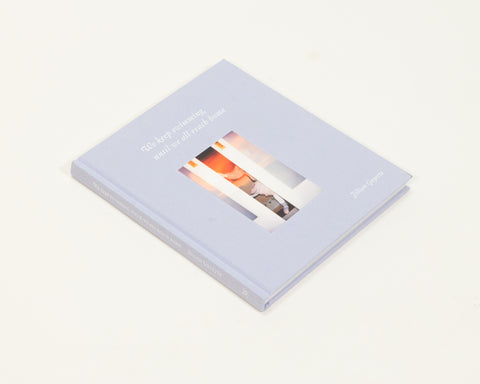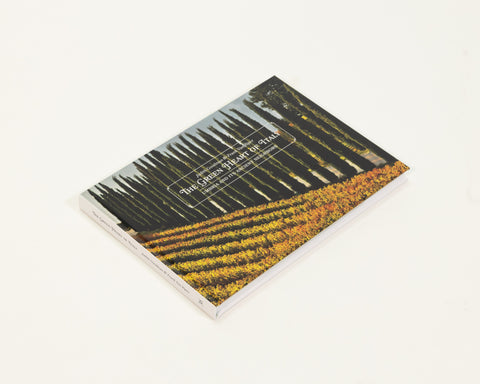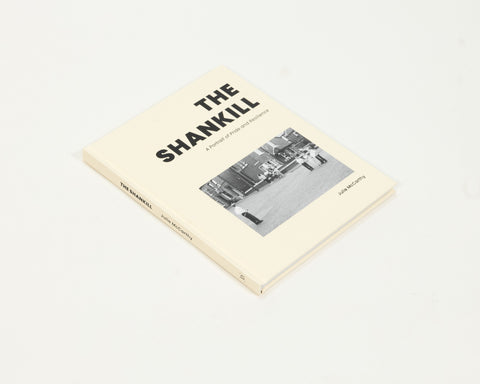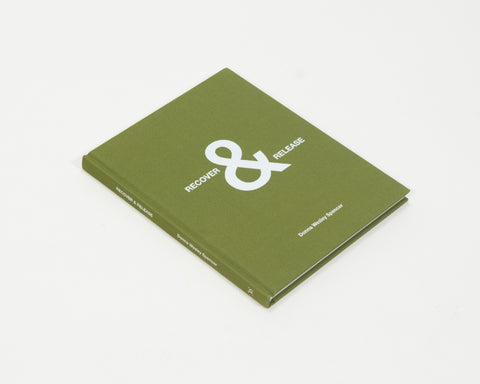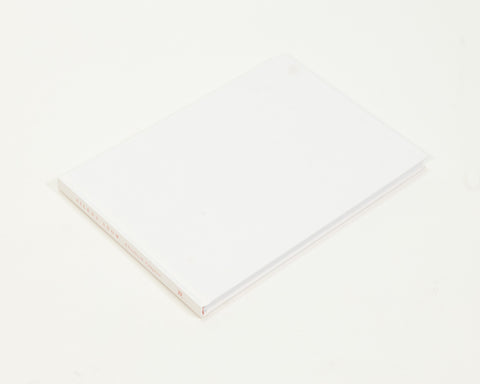There are only a few photographic works that I’ve viewed recently that have literally taken my breath away. Nineteen-year-old Jošt Franko’s Widow series, a raw and poignant essay about his grandmother that he photographed when he was only sixteen years old is one of them.
I was able to get in touch the young Slovenian photographer the other day to pick his brain about future plans, some of his influences, and Miles Davis.
JL: So you were born and raised in Slovenia. What was your childhood like and when and how did you get into photography?
JF: I grew up in a suburban town in Slovenia and until the age of 14, I wasn’t really interested in photography or any sorts of visual arts really, nor anything like that ever ran in my family. The urge to do it just came all of a sudden as a way to express myself. I somehow connected with this idea of being a photographer, it couldn’t have felt more right.. I knew by the very beginning that documentary photography is what I want to do – nothing could change my mind- I was already too addicted to it – I found my life’s purpose in photography.
I think I was a typical child but a little bit introverted, I really liked to be by myself and disconnect - this hasn’t changed much. Maybe this is why I pursued my Shepherds project for so long, to be in touch with a really pure and genuine world, a peaceful place in the mountains – a total opposition to a world we live in.
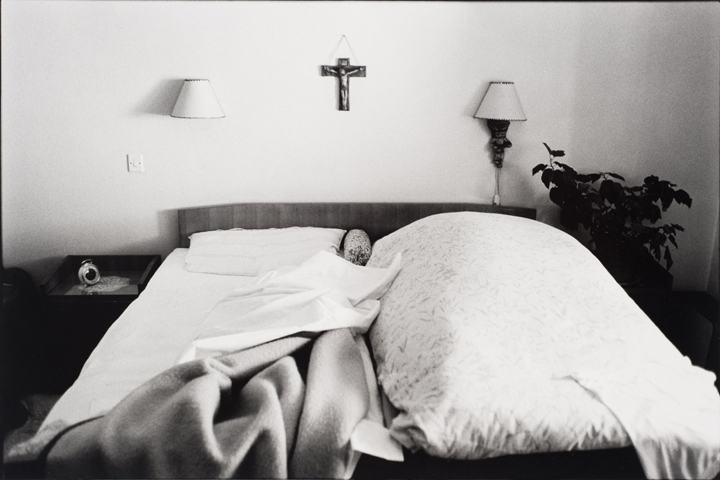
JL: Tell me about Widow, which received some great reviews. How did you feel about such early recognition at sixteen?
JF: Widow is a first project of mine, my first real piece in photography. It tells a story of my grandmother, a widow. It’s a tale of life and death, or just the way I saw this circle of life back then.
Because of the Widow story, I got in touch with Christopher Morris who told me about VII’s Mentor Program and it basically led me to where I am now.
I didn’t really know what to expect from that recognition at such age. It almost felt a bit of a burden on my back, to be honest, I didn’t want to mess it up and I was constantly trying to prove to myself that I can really be a photographer. But on the other hand, photography represented my safety net, if everything else messed up, I could still have my passion – a sort of getaway and pure reality in one.
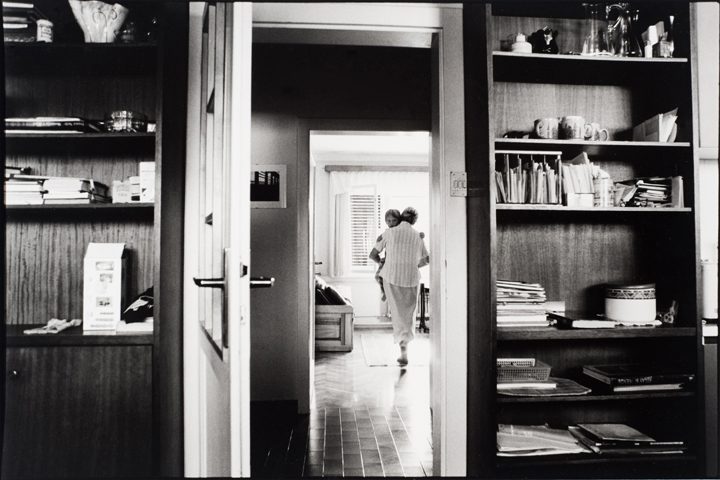
JL: Your photos are exquisite and some deeply personal. How do you feel about publishing the personal work?
JF: First of all, thank you for your kind words and interest in my photography. Regarding the personal work – with the Widow story, I had doubts at first if something so personal and intimate to me should be shared with anyone else, It sort of felt a bit exhibitionistic since the widow nevertheless is my grandmother who had influenced me a lot and is a big part of my life.
Regardless of Widow, everything I work on are personal projects, I haven’t really done a lot of editorial so far…I hope that’ll change in the years to come.
I also tend to believe that everything in photography is personal: your style, the themes you touch, you always put your inner thoughts into your work – your photos portray yourself, even the editing. That’s why I never edit photos when I feel melancholic; everything just looks crap and I have to drop it and continue some other time.
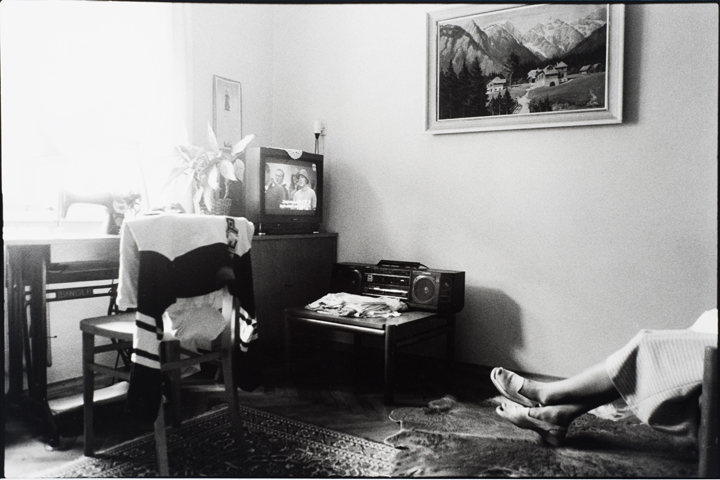
JL: I know that you’re repped by the VII Mentor Program. What are your next projects? Are you in school? Are you interested in other concentrations besides photography?
JF: Yes, my two-year mentor program with VII started in 2012, just as I finished high school and started studying journalism at University in Ljubljana, Slovenia. My only real interest is photography though.
I finished my first (really) long term project, Shepherds, which I’ve been working on for three years (which is basically my whole “career”) in late 2012 and I’m now in the process of editing it and in search of a book publisher. Currently, I’m working on a project concerning a mine closure in a region that basically developed because of the mine, so I’m interested how (and if) it’s going to affect it. The first part of the story is nearly finished and I’ll see where it leads me…
I don’t really have any other concentrations, basically photography personifies me. I now see how important having it in my life is. It channeled my interests in the process of growing up, kept me on the right track, I grew into a person I am because of it. I fill my leisure time with some good Jazz and Blues (depends on the mood) and a lot of literature which I really appreciate, since it can really bring me to another world.
In the years to come, I want to start pursuing social and political conflicts. From the very beginning I know I want to someday do war photography. It might have been this romantic idea of Hemingway/Capa war reporting, but I always felt some kind of a need to do it. I’m waiting for the right moment to step into it and start doing that kind of work. I learned that I mustn’t be too pushy with it, since I’m still really young. When I was talking to Chris Morris, my mentor, he told me that my war will come and that I basically have to start slow.
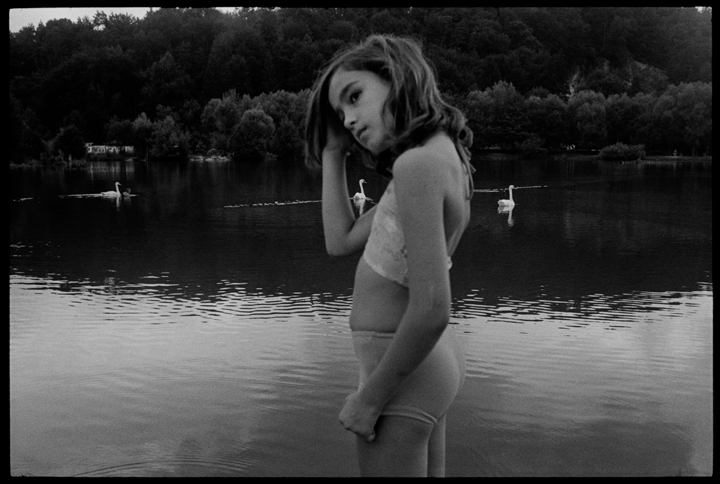
JL: Who are your influences (photographers, art, film, music)?
JF: In photography, there are a couple of them that I probably need to specifically mention, -Larry Towell (his Mennonites), Eugene Richards (The Fat Baby, Cocaine True, Cocaine Blue – really powerful work), Alex Majoli, Paolo Pellegrin, James Nachtwey.
As I already mentioned, I really enjoy music. Some of my favorite musicians that cause me goose bumps include Tom Waits, Howlin’ Wolf, Muddy Waters, Stevie Ray Vaughan, Dizzy Gillespie, Charles Mingus, Miles Davis...
In literature: George Orwell, Gabriel Garcia Marquez, Salman Rushdie, Jose Saramago, Kurt Vonnegut, etc. – books certainly influenced my work during these past couple of years.
JL: And I have to ask: what’s your favorite Miles Davis album?
JF: That's a hard one, it really depends on the mood, since he's got so many albums out, but I kind of like his electric period. I really prefer his late work (or late interpretation of his work), such as the Stuttgart concert in '88
(here is the link: http://www.youtube.com/watch?v=llVl62Ra9bQ ) (oh and this one: http://www.youtube.com/watch?v=pgLB6zN7B7o ).
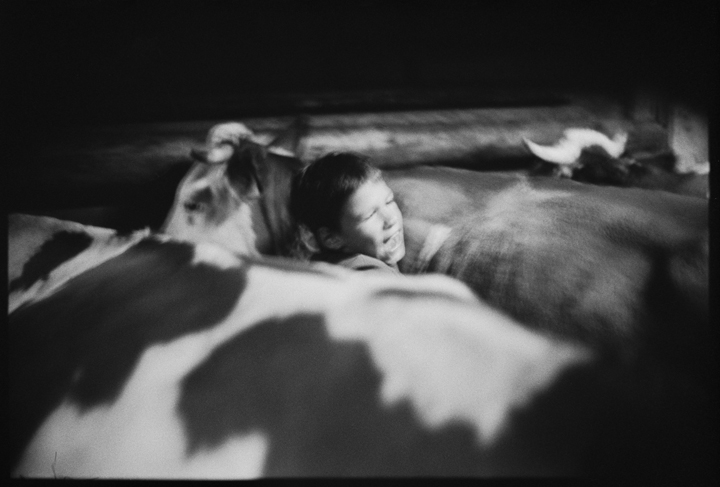
JL: It looks like you shoot mainly film. What kind of gear are you shooting with?
JF: I used to shoot only film but I just went through film to digital transition couple of months ago and am now getting used to digital workflow. Most of my work so far was shot on Tri-X, 35 and 50 millimeter lenses and Leica rangefinders which for me is the best camera to work with– it makes you work slowly (which I think is a big plus) and you have to be careful, precise, and think ahead a lot...
JL: What do you think about digital?
JF: I’ve been using digital now for couple of months. I am really bothered by the process of editing and the quantity of material I shoot - I hate sitting behind a computer doing postproduction, but I basically don’t see a different way of working in the industry now.

JL: How do you feel about Instagram and other photo-based social-networking sites where everyone is a “photographer”?
JF: I don’t use it and I don’t think I ever will, it’s not that I’m utterly against it, I just don’t think Instagram is a right way of documenting certain events and I’m sure it doesn’t have a real potential in documenting history. It’ll probably vanish as fast as it became popular and other “instant” things will come, that’s just the way our society operates.
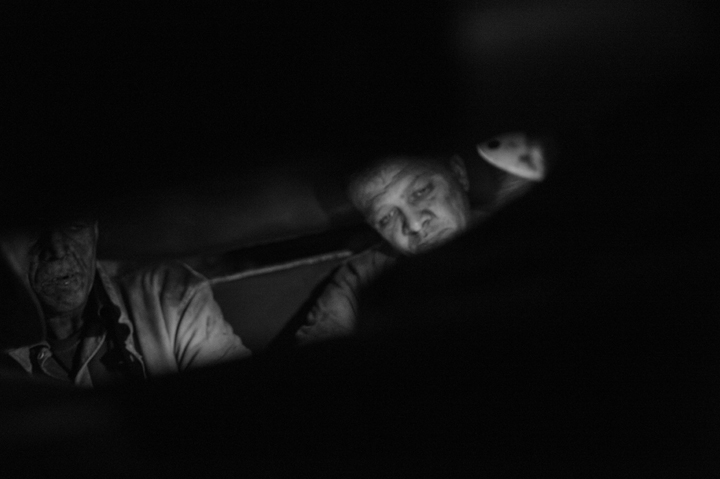
JL: And what advice would you give to young photographers today?
JF: Probably to find your passion and your interests, to not bother yourself with other people’s work and trends in photography. Develop your style and do what you love regardless of anything.
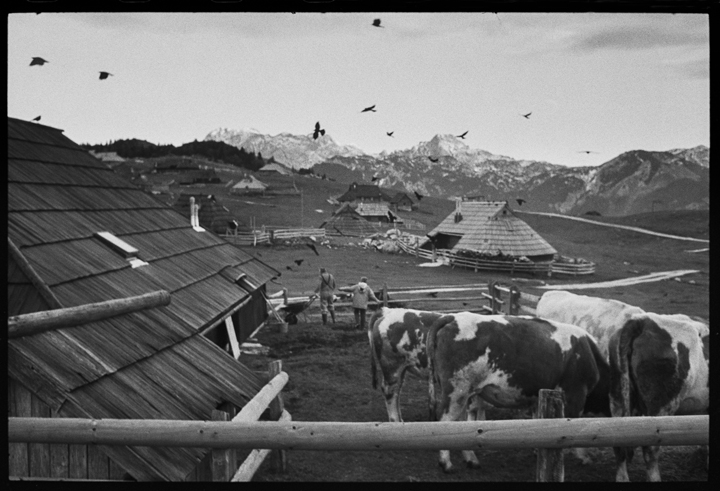
All images with the exception of the image of the artist (by Dusan Letnar) by Jošt Franko.
See more of his work at jostfranko.com and at VII.
Jaime Lowe is a Brooklyn-based photographer and writer.
